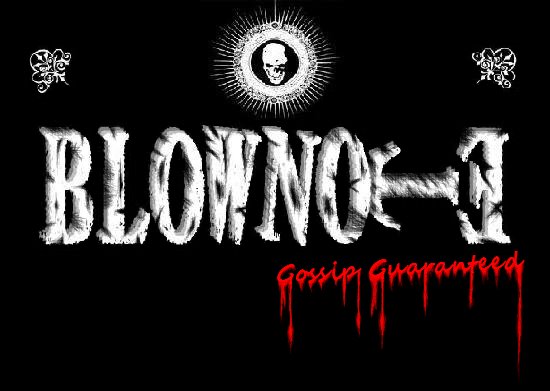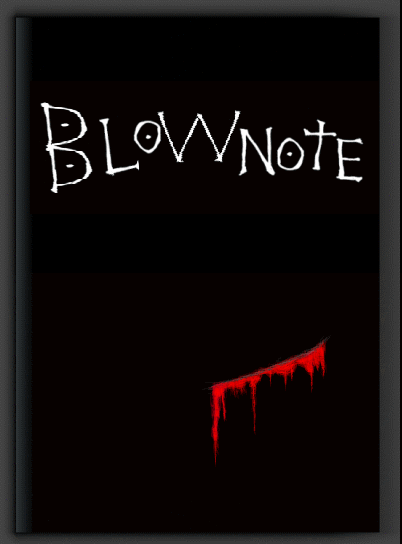You may be wondering what I am doing in front of my comp this late. Well actually I am reading a book required for a report which is due two days from now, titled "Singapore: Wealth, Power and the Culture of Control" by Trocki, C.A. I guess I don't have to elaborate on which subject I am cramming this book for, right? Anyway, this book describes Singapore quite differently when compared to the crappy social studies textbook which we have been studying. I will be typing some of the sections of the book which I think all of us should have read that instead of our crappy and worthless social studies textbook which only boast about how good Singapore is and how suckie other nations are. Seriously, don't even go to a Singapore university if you ever want to study social sciences or humanities or government/politics... their textbook are too juvenile and intoxicating. One more thing before I cite chucks from the book, I will only be typing information from the 4th paragraph, simply because the previous 3 are on pre war Singapore, which I find pretty much boring, and the 5th and 6th paragraph are something which I haven't touch on, and the 4th paragraph is mostly on condemning Lee kwan yew. So, enjoy ~ =)
How had Lee and the PAP, a party led by English-speaking Chinese, whom Chinese Premier Zhou Enlai had dismissively called "bananas" (yellow on the outside, but white on the inside) ... (page 108)
Seriously, Lee, for heaven's sake, go learn some Chinese ... before your skin grows black spots and you became a rotten banana...
It was possibly around this time that the PAP began to plan its coup d'etat, known as "Operation Cold Store." The major security agency was the Internal Security Committee, which was composed of three members: one from the Singapore government, one colonial official and one from Malaysia. The last member had been proposed as a measure to woo the Malays into accepting a merger with Singapore by giving them a voice in Singapore's affairs.... ... ... On 3 February 1953, the security forces struck. In one night, nearly 150 journalists, student leaders, labor activists, and opposition politicians were arbitrarily detained. There were no trails. No charges were filed and, in many cases, the detention was not even acknowledged by the government. The top rank of BS and PR leaders was effectively neutralized, and the way was now clear for PAP domination of legitimate politics. The detainees were held in grim conditions at the Outram Road Prison in Singapore for over three months until David Marshall, acting in his capacity as an MP, visited the detainees and publicized their situation. (page 124)
Was this mentioned in the SS textbook and Singapore history textbook? Yes but briefly, very briefly.
The PAP government organized a poll in Singapore that brought objections from a number of quarters. The ballot offered only three choices, all of which were "yes". All offered membership in the Federation, only on slightly different terms. It was impossible to vote "no", and people were led to believe that blank ballots would be counted as "yes"; moreover, they were told that there would be no report on how many blank votes were cast. Singapore voters, in fact, received no real choice in the matter and believed they had no way in which to register negative ballot. In addition to the Barisan, David Marshall and a number of others led a campaign against Singapore joining the Federation on the proposed terms.... the PAP had launched a massive propaganda campaign to support its preferred option. This ran for nearly a year before the actual vote...... The PAP claimed a victory of over 70 percent of the vote for its recommended option and noted that less than 30 percent had turned in blank ballots as the Barisan had recommended (Yeo and Lau 1991:142). (page 125)
Seriously, I remember reading only the 70% win part from my history textbook ... where were the rest? Hmmmm ... I wonder ...
The PAP needed their votes to continue to win elections, but it was determined to prevent them from developing an autonomous political or social presence. This meant crushing not only the left, what remained of it in the Barisan Socialis, but every sort of organization that grew out of the Chinese-educated population. This include everything from secret societies, to the SCCCI, to temple and cemetery organizations, to the Chinese-language schools and newspapers. (page 129)
Oh boy oh boy oh boy ... cemetery organizations ... temples ... does the phrase "rest in peace" still exists in Singapore? What a pity ... ... ...
Alright, due to the pair of tired hands of mine, here is the last one, and do I agree with it!
At the same tine as Goh became prime minister, Lee promoted his own son, Lee Hsien Loong (the youngest brigadier-general in the Singapore armed forces - he was 32 when he attained the rank) to the post of deputy prime minister and minister for Trade and Industry. It now became clear that "the BG" (as he is known) was in line for the top job in Singapore. Lee was in the process of creating a dynasty. It appears that in Singapore, Asian values also include hereditary succession. On 11 August 2004, Lee Hsien Loong became prime minister. Despite charges of nepotism, one cannot deny Lee Junior's competence; on the other hand, one must ask if he would have attained that position had he not been the son of Lee Kuan Yew. Given the examples of dynasties appearing in places as diverse as North Korea, the Philippines, Indonesia, Pakistan and India, it may be that the tendency is a distinct part of Asian culture. (page 136)
Totally hilarious!!! But one cannot deny the possibility of this judgement~ Lol ... now I ask, will you be able to find these kind of fantastic books and articles in Singapore? Surely you can't find all these in your SS textbook =)

 Gossip box
Gossip box
 Gossip Counter
Blownote Time
Gossip Counter
Blownote Time



沒有留言:
發佈留言